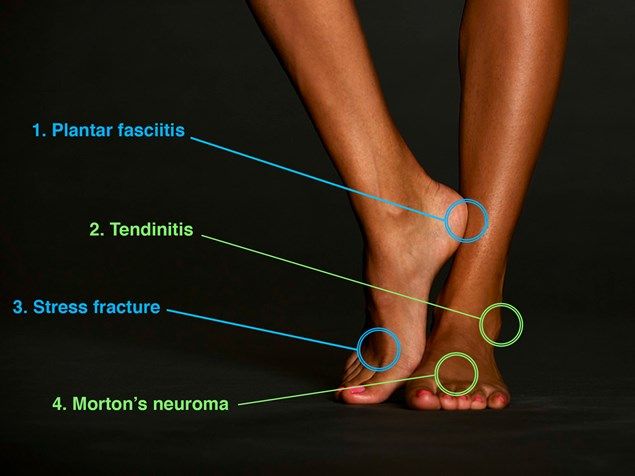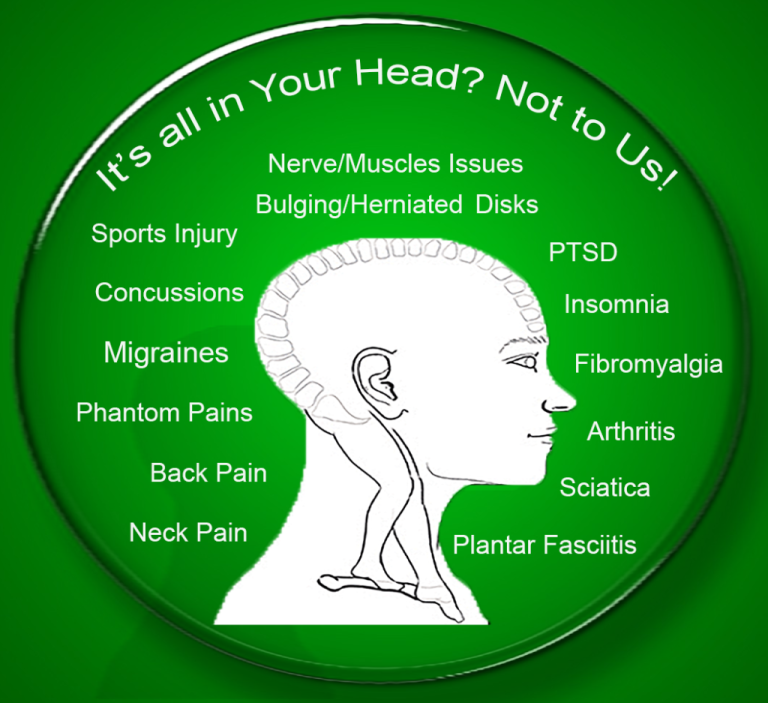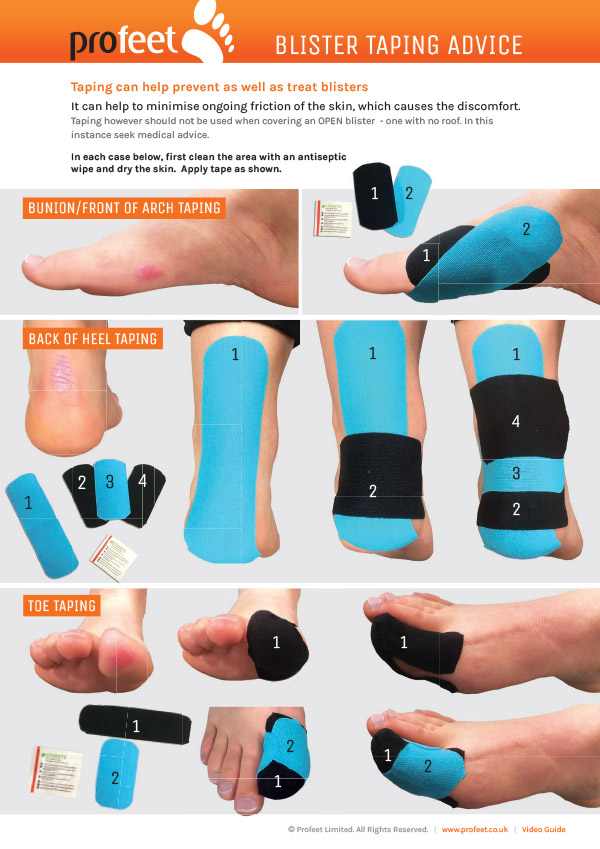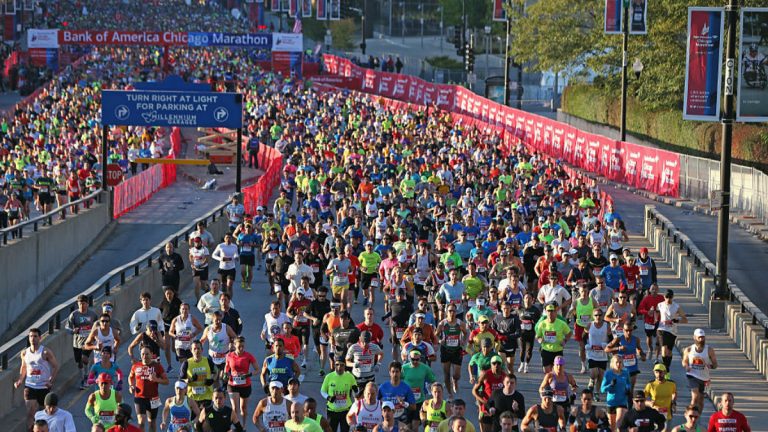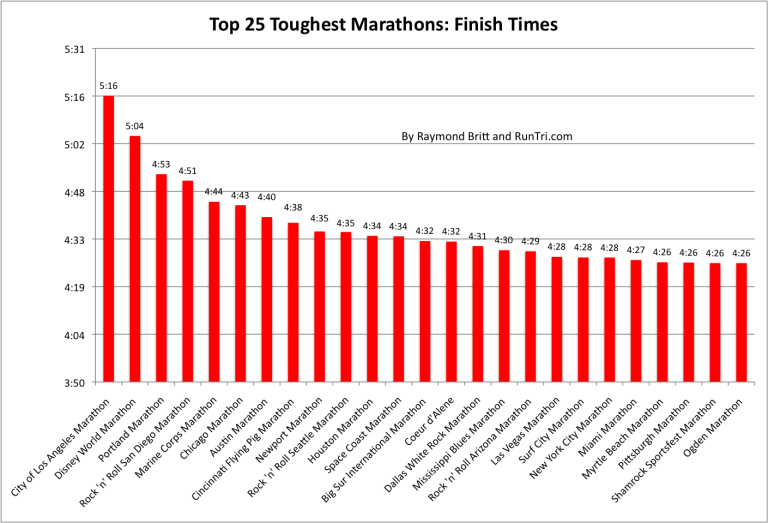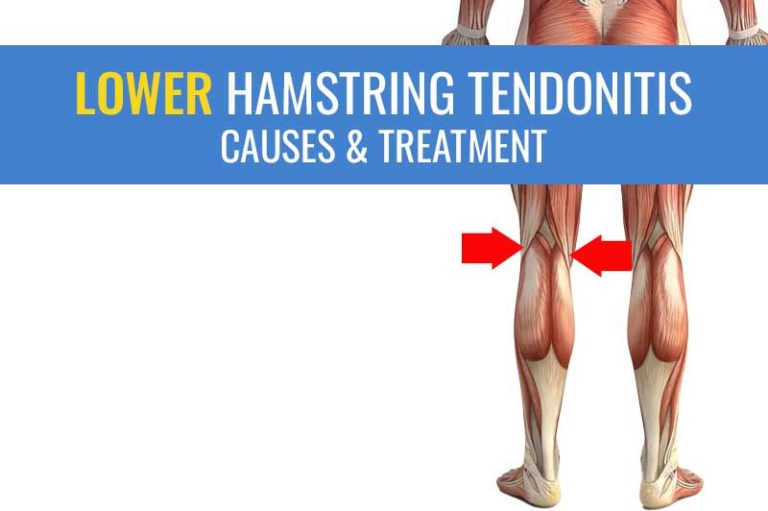Foot Pain When Running
Foot pain when running can be caused by improper footwear and overuse injuries. Proper shoes and stretching can help alleviate discomfort.
Running with the right gear and technique is essential to prevent foot pain and ensure an enjoyable workout experience. Ignoring foot pain can lead to more serious issues, so it’s crucial to address any discomfort early on. By taking preventative measures and listening to your body, you can overcome foot pain and continue to enjoy your runs.
Stay proactive in maintaining your foot health to keep running pain-free.
Common Causes Of Foot Pain
Foot pain when running can be a major hindrance for both seasoned runners and beginners. Understanding the common causes of foot pain can help in preventing and managing this issue effectively.
Improper Footwear
Wearing incorrect footwear while running can lead to various foot problems such as plantar fasciitis, Achilles tendonitis, and stress fractures. Inadequate arch support or improper shoe size can put excessive strain on the feet, leading to discomfort and pain.
Overuse And Repetitive Stress
Overtraining or sudden increase in running intensity can result in overuse injuries, causing foot pain. The repetitive impact of running can lead to micro-trauma in the foot structures, resulting in conditions like shin splints or metatarsalgia.
Muscle Imbalances
Weak or imbalanced muscles in the feet and lower limbs can contribute to foot pain when running. Inadequate strength in the calf muscles or tightness in the hamstrings can alter gait mechanics, leading to stress on the feet and subsequent pain.

Credit: www.nagyfootcare.com
Signs And Symptoms
Foot pain when running can be a common issue for many athletes. Symptoms may include throbbing, aching, or sharp pain in the feet. It is important to listen to your body and seek proper medical advice to prevent further injury.
Signs and symptoms of foot pain when running can indicate underlying issues that need attention.Pain During Or After Running
Experiencing sharp or dull pain while running signals potential injury that needs evaluation.Swelling Or Tenderness
Swelling and tenderness in the foot may indicate inflammation or stress on the muscles and ligaments.Difficulty Bearing Weight On The Affected Foot
Struggling to put weight on the foot after running is a sign of possible structural damage. These signs should not be ignored as they could worsen if not addressed promptly.Preventative Measures
Preventative Measures:
Choosing The Right Shoes
Proper footwear is crucial in preventing foot pain while running.
Gradual Increase In Running Intensity
Increasing running intensity slowly helps prevent strain on your feet.
Proper Stretching And Warm-up
Ensure to stretch and warm up properly before every run.

Credit: www.cornerstonefootandankle.com
Treatment Options
When it comes to treating foot pain from running, there are several options available. It’s crucial to address the issue promptly to prevent it from worsening. Here are some treatment options that can help alleviate foot pain:
Rest And Ice
Rest is crucial for allowing the muscles and tissues in the foot to heal. Avoiding high-impact activities and giving the foot ample time to recover is essential. Ice can help reduce inflammation and relieve pain. Applying an ice pack to the affected area for 15-20 minutes several times a day can help reduce discomfort and swelling.
Physical Therapy Exercises
Physical therapy can be highly effective in treating foot pain. A trained therapist can design a customized exercise regimen to strengthen the muscles and improve flexibility in the foot. These exercises can help reduce pain and prevent future injuries.
Orthotic Devices
Orthotic devices such as shoe inserts or custom orthotics can provide additional support and cushioning for the foot. These devices can help correct any biomechanical issues, distribute pressure more evenly, and alleviate pain while running.
When To Seek Medical Advice
When it comes to foot pain while running, it’s essential to know when you should seek medical advice. Ignoring pain or hoping it will go away on its own can sometimes lead to more serious complications. In this section, we will discuss three critical signs that indicate the need for medical intervention.
Persistent Or Worsening Pain
If you experience persistent or worsening pain in your foot while running, it is a clear indicator that you should seek medical advice. While minor discomfort and soreness after a run is common, prolonged pain that does not improve with rest and persists for days should not be ignored. The pain may indicate an underlying issue, such as a stress fracture, plantar fasciitis, or tendonitis. Seeking medical advice promptly can help identify the cause and prevent further damage.
Inability To Walk Or Bear Weight On The Foot
If you find yourself unable to walk or bear weight on your foot due to running-induced pain, it is crucial to seek immediate medical attention. This level of pain suggests a potential serious injury, such as a fracture or severe sprain. Ignoring this symptom and continuing to put weight on the affected foot may worsen the injury and delay the healing process. Consulting a medical professional will help determine the extent of the injury and guide you towards proper treatment.
Visible Deformity Or Severe Swelling
In the case of a visible deformity or severe swelling in your foot resulting from running, seeking medical advice is essential. These symptoms may indicate a severe injury, such as a dislocation or a severe ligament tear. Ignoring visible deformities or significant swelling can lead to long-term complications and chronic pain. A medical evaluation is necessary to assess the seriousness of the injury and to recommend appropriate treatment options.
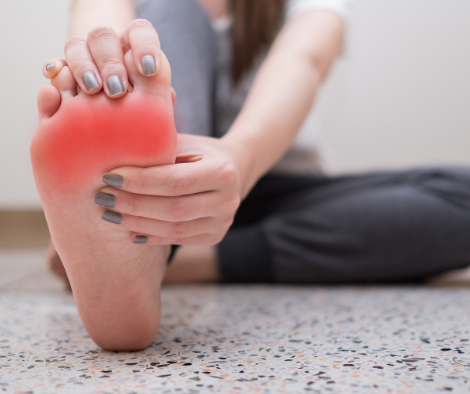
Credit: www.fairfieldpodiatry.com.au
Frequently Asked Questions Of Foot Pain When Running
Why Do I Experience Foot Pain When Running?
Foot pain while running can be caused by various factors such as improper footwear, overuse injuries, or biomechanical issues.
How Can I Prevent Foot Pain When Running?
To prevent foot pain when running, make sure to wear proper running shoes, stretch before and after each run, and gradually increase your mileage to avoid overuse injuries.
When Should I See A Doctor For Foot Pain When Running?
If your foot pain persists for more than a few days, worsens with activity, or is accompanied by swelling or bruising, it’s recommended to see a doctor for a proper diagnosis and treatment.
Conclusion
Incorporating proper footwear and stretching routines can alleviate foot pain while running. Consulting a healthcare professional is necessary to address any underlying issues that may be causing discomfort. By understanding the importance of prevention and seeking individualized care, you can continue to enjoy a pain-free running experience.
Keep moving forward with confidence and care for your feet.

